About us
Kalos is an independent research and action association aiming at enhancing the impact and sustainability of EU-funded projects.
We propose experimental and innovative actions to reduce power asymmetry between key actors in EU-funded projects and to promote the development of critical thinking on the design and management of European projects.
By adopting a diversified, multi-actor and interdisciplinary approach, Kalos aims to achieve a real understanding of the different territories, cultures, experiences, environments in which European projects are implemented, and to find solutions based on a new understanding of complex situations.
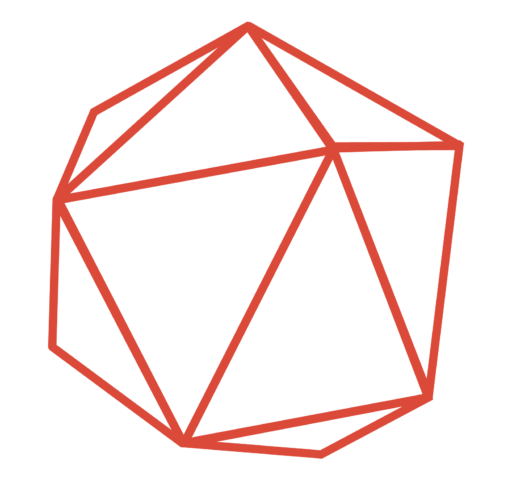
The word Kalos, in ancient Greek, means “beauty”.
In Mediterranean languages, the concept of beauty is closely linked to that of goodness and justice.
Through a participatory, logical and responsible approach, Kalos pursues an ideal of beauty as part of a European project. In our vision, this is inseparable from the concept of truth, social utility and justice that considers and respects the beneficiaries and their different contexts.
Mission
The mission of Kalos is to promote the appropriation of knowledge and power by the coordinators and key actors of a European project to enable them to benefit from opportunities in a democratic, fair and equitable manner.
Managing EU funding opportunities requires extensive methodological and technical knowledge, the understanding and handling of complex tools and meeting deadlines.
During the implementation phase, when the project meets the contexts and final beneficiaries, there is often a gap between what has been planned and what is actually implemented.
A lot of energy is wasted because diversity and differences are not recognised and respected at an early stage of the project.
We are professionals dealing with the design and implementation of European programmes and projects in our daily work, in different roles and contexts. We have therefore recognised the need to make this knowledge accessible, understandable and effectively applicable and to preserve and strengthen the impact of the project at local level.
We wish to create, project by project, specific activities that can contribute to achieve a greater impact.
We aim to transform into opportunities all the challenges that key players in an EU-funded project often perceive as obstacles. To achieve this we pursue the following objectives :
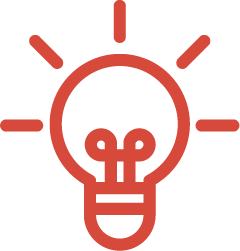
Strengthening skills and stimulating the development of critical thinking
on the design and management of European projects.
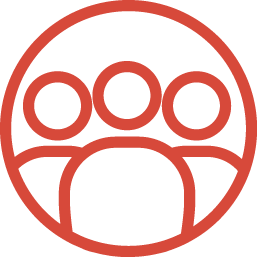
Fostering the active participation of main stakeholders
in EU projects in particular,
the end-users of the project results.

Giving a voice to the different local contexts
in which EU projects are implemented and sharing the findings to promote a better-informed EU.
Our actions
Kalos does not manage projects, but develops activities with specific objectives agreed with coordinators, other key players and project results’ beneficiaries. This is done done in line with the context, roles, needs, level of knowledge and skills, objectives to be achieved and rights to be defended.
Among the proposed activities:
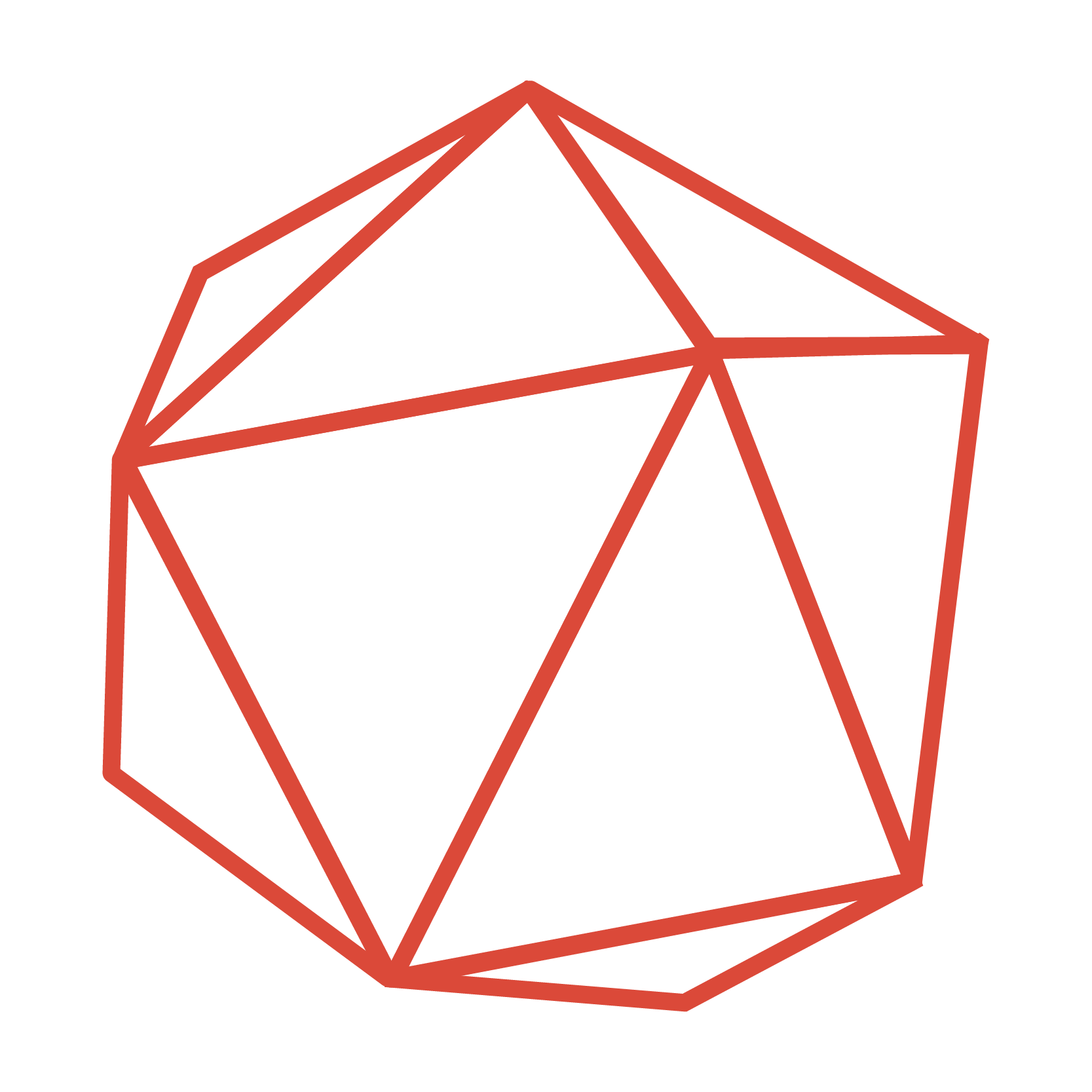
Analysis of the funded project
to understand the funding programme, rules and expected impact

Qualified support
carried out throughout the duration of the project to strengthen the competences of the involved actors

Capacity building
done in parallel with planned activities to maximise the impact of projects at local level

Capitalisation
of other EU-funded actions implemented by the actors involved in the project

Creation of local hubs
study and work spaces where key local actors redefine objectives according to the context in which the project is implemented

Exploring new project ideas
using traditional European design tools and experiencing innovative methods
Mind the implementation gap
The approach
There is a basic inequality in EU-funded research and development projects.
Beneficiaries often have different starting points.
Although available, general awareness on the variety of European funding opportunities, strategies and priorities, is not always widespread and is not used by the many actors in the same way.
The skills to use the required tools do not consider the cultural differences that pre-exist when promoting a collaborative project.
The ownership of the knowledge and tools required to carry out a European project are not considered a condition of eligibility.
Kalos is aware of this challenge and for this reason promotes a more equitable participation among participants in a European project, by stimulating critical thinking among key actors and empowering beneficiaries to receive, understand and modify the final results to become the real owners beyond the project.
We consider the experience to be the starting point for learning, which is why our research and actions begin during the implementation phase of a project: only once the project is underway we can become aware of the concrete problems and opportunities and develop effective responses. It is essential to recognise the importance of including these activities in all collaborative projects where different organisations, countries and groups have to work together to achieve common goals, which are often not fully known.
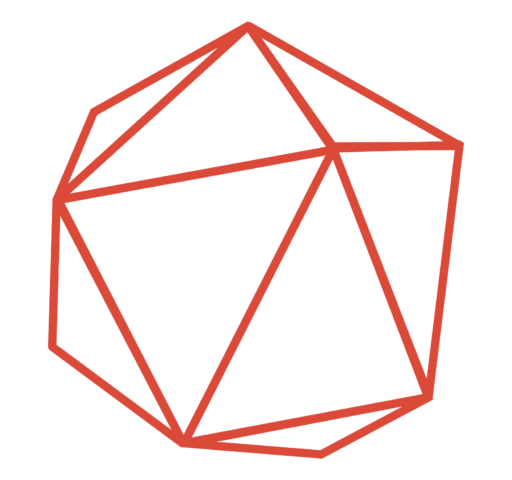
To authentically have an impact, it is essential that any European project inherently incorporates the recognition and respect for the context in which a project is implemented.

